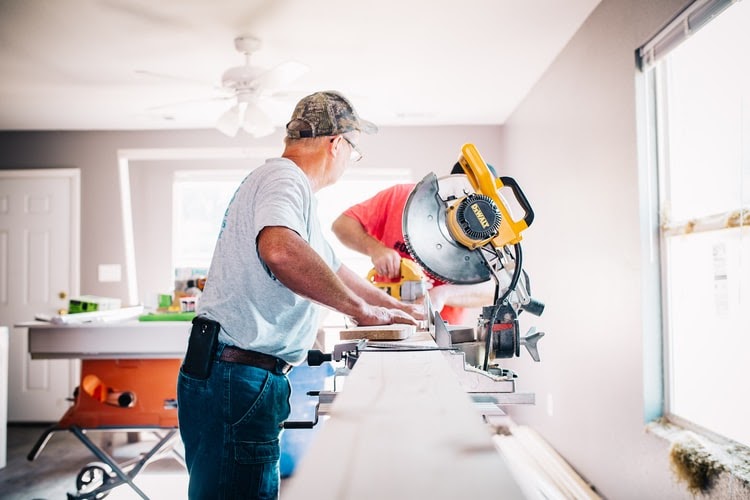Homeownership has its way of summoning the inner Bob Vila in everyone, even those who have zero ideas about home improvement. If you recently purchased a house and are filled with excitement about carrying out a complete home renovation project or recently took a good look at your outdated home and wondered what you could do to ‘spice’ it up, this article is for you. It doesn’t matter if you’re tackling massive renovations or casually finding your way into the DIY world. These tips will assist you in setting yourself up for home improvement success.
Here is a highlight of some home improvements tips guaranteed to transform your living space for the better.
Have A Plan
Renovations may or may not go according to plan, but that doesn’t mean you should delve into it without a plan. Last-minute changes are both expensive and stressful. It’s always better to get the non-negotiable details sorted out first. At the bare minimum, this means knowing what sort of outcome you desire, how much it’ll cost, and how much time it will take to achieve. Modeling and design tools are convenient in the planning process. Try creating a couple of different versions of one project, then add a 10-15% buffer to your estimates. This will better prepare you for inevitable financial surprises.
Contractor or DIY
Whether you’re an experienced DIY-er who owns a fully-stocked workshop or not, you should know that you cannot handle all home improvement projects. You have the option of hiring a professional to handle the renovation for you. An example of home improvements that you would need an expert to take care of is renovating the roof. You should get a roofer in Pittsburgh to handle roof renovations and repairs. Before you begin a project, you need to judge your interest level. Ask questions like how much effort are you willing to put in? Is the effort worth the money you won’t be spending? Be completely honest with your answers. If you do not have an idea of what you’re getting into, don’t start.

Beef Up Your DIY Knowledge
If you’ve weighed all options and you’ve finally decided to Do It Yourself, you would need to be well equipped. Consider all the requirements for each project and set out to get all the necessary skills and knowledge to accomplish them. If you need to obtain a license or permit to carry out any project, ensure that it is covered. Consider taking classes, watching videos on the internet (recommended for smaller projects), and volunteering at sites, workshops, or hardware stores. Many hardware stores offer free training on basic home improvement skills. Ensure to check the local offerings around you.
Scrimp and Splurge
Significant renovations are costly, but if you choose to go cheap on such projects, you’ll end up spending more money in the long run. Penny-wise and Pound-foolish. Instead, you should identify where you need to scrimp and where you need to splurge. A good rule of thumb is to go big (if you can) for anything expensive and difficult to replace. Examples include water heaters and electrical work. Whereas for easily replaceable items such as light fixtures, showerheads, drawer pulls, you can go cheap. Also, consider the frequency of use and pleasure you’ll derive from such an item. If you enjoy cooking, skimp on floorings so that you can splurge on gadgets like ovens.
Insurance
If you eventually decide to hire a contractor, ensure that an insurance plan covers them. If an accident occurs, one of your contractors on the job gets badly injured, you can be held liable. Nobody wants that sort of incident, which is why every company should have their contractors covered by insurance against property damage, worker’s compensation claims, and personal liability in cases of accidents. A contractor’s word is never enough proof of insurance. Always ask for proof or call the insurance company to verify insurance coverage.
Get The Right Tools
There’s absolutely no way you can improve your home with your bare hands. Most significant projects require multiple tools. Before you get started on a project of any magnitude, ensure your toolbox contains all the necessary tools needed for the project. Also, know that some projects may demand specific special equipment, mainly electrical or plumbing systems. Carry out your research and ask questions when in doubt.
Finally, remember that things may not go as planned, and home improvement is super stressful, especially when working on a lean budget and in so little time. However, you need to discover a healthy and effective way to let off steam. You should be able to laugh off little things and, if the going does get tough, keep your focus on the result.






